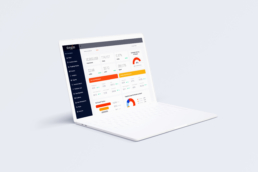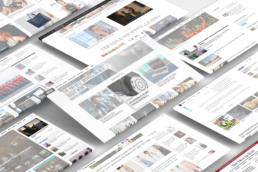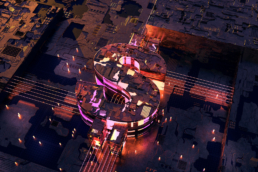Is AI replacing human-designed creative?
One day AI will advance to the point where it can develop personalized ad creative that resonates with target audiences and drives greater campaign performance, but we are not there yet. While AI has made significant strides in developing ad creatives, humans still have substantial advantages in designing new messaging strategies and ad creatives. Here are some of the ways humans are better than AI in developing ad creatives:
Creativity and Originality: Humans have a creative and imaginative minds that can develop unique and original ideas for strategies and ad creatives. Conversely, AI generates ideas based on past data or uses existing ads to automate test versioning, but it is far less capable of creating something new.
Emotional Intelligence: Humans can tap into emotions and use empathy to create campaigns and ads that resonate with target audiences. Humans understand the feelings and behaviors of other humans and tailor campaign messaging accordingly. Conversely, AI is incapable of understanding emotions and is far less likely to create ads that have an emotional impact.
Contextual Understanding: Humans can understand the cultural, social, and political context of the audience they are creating ads for and can adjust their messaging accordingly. Conversely, AI can only provide data based on past behavior and is not able to adjust for current contextual factors.
Humor and Wit: Humans can create funny, witty, and engaging ads. Humor is subjective, and what may be funny to one person may not be amusing to another. Humans can understand this and create ads that appeal to a broad range of audiences. AI, on the other hand, is less likely to be able to create ads that have humor or wit because it lacks the understanding of human emotions and humor.
Flexibility and Adaptability: Humans can adapt to new situations and create ad campaigns that are flexible and adaptable. They can change their messaging and strategy based on the feedback they receive from the target audiences. Conversely, AI does not adapt to new situations as quickly or change its approach based on feedback.
In summary, while AI has made significant progress in developing ad creative, humans still have the upper hand regarding creativity, emotional intelligence, contextual understanding, humor, and adaptability necessary to develop something fresh, creative, and entirely new.
One day AI will advance to the point where it can develop personalized ad creative that resonates with target audiences and drives greater campaign performance, but we are not there yet. While AI has made significant strides in developing ad creatives, humans still have substantial advantages in designing new messaging strategies and ad creatives. Here are some of the ways humans are better than AI in developing ad creatives:
Creativity and Originality: Humans have a creative and imaginative minds that can develop unique and original ideas for strategies and ad creatives. Conversely, AI generates ideas based on past data or uses existing ads to automate test versioning, but it is far less capable of creating something new.
Emotional Intelligence: Humans can tap into emotions and use empathy to create campaigns and ads that resonate with target audiences. Humans understand the feelings and behaviors of other humans and tailor campaign messaging accordingly. Conversely, AI is incapable of understanding emotions and is far less likely to create ads that have an emotional impact.
Contextual Understanding: Humans can understand the cultural, social, and political context of the audience they are creating ads for and can adjust their messaging accordingly. Conversely, AI can only provide data based on past behavior and is not able to adjust for current contextual factors.
Humor and Wit: Humans can create funny, witty, and engaging ads. Humor is subjective, and what may be funny to one person may not be amusing to another. Humans can understand this and create ads that appeal to a broad range of audiences. AI, on the other hand, is less likely to be able to create ads that have humor or wit because it lacks the understanding of human emotions and humor.
Flexibility and Adaptability: Humans can adapt to new situations and create ad campaigns that are flexible and adaptable. They can change their messaging and strategy based on the feedback they receive from the target audiences. Conversely, AI does not adapt to new situations as quickly or change its approach based on feedback.
In summary, while AI has made significant progress in developing ad creative, humans still have the upper hand regarding creativity, emotional intelligence, contextual understanding, humor, and adaptability necessary to develop something fresh, creative, and entirely new.
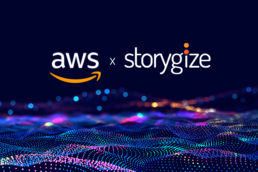




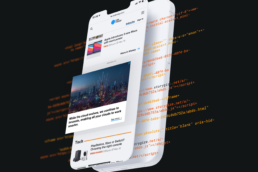

![The Value and Benefits of Native Advertising [Infographic]](https://www.storygize.com/wp-content/uploads/2022/04/AdobeStock_26044132-uai-258x172.jpeg)
